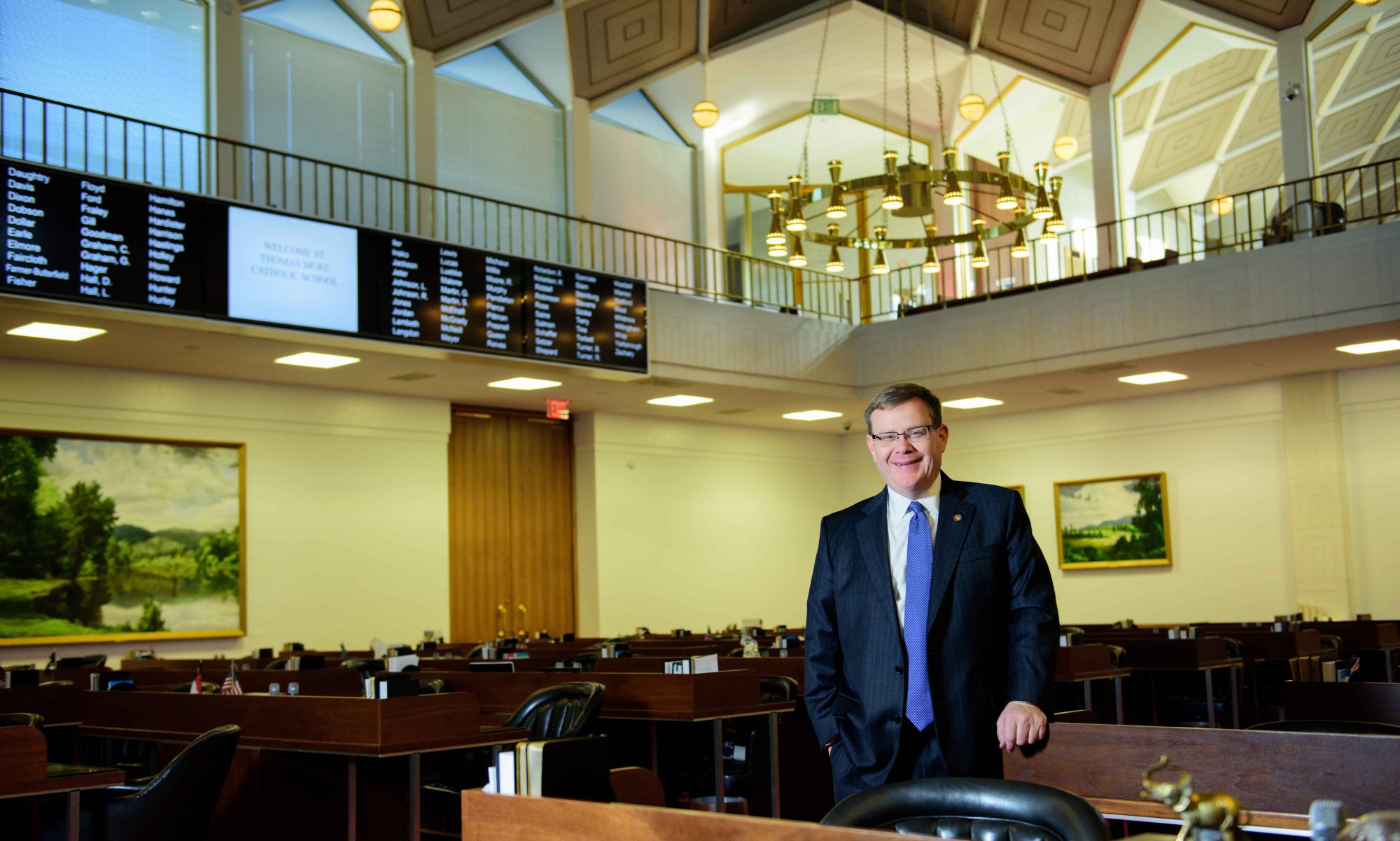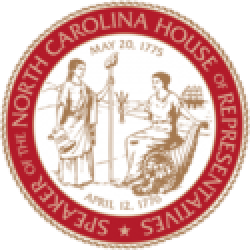Raleigh, N.C. – The state House of Representatives approved a $23.9 billion budget proposal on Friday that provides pay raises for educators and state employees, appropriates over $60 million for school safety initiatives, and invests heavily in the State Capital Infrastructure Fund.
The spending plan is consistent with recent budgets approved by the Republican-led General Assembly that maintained North Carolina’s unanimous AAA credit ratings, earned back-to-back Best-State for Business awards, and delivered pro-jobs tax reforms to grow the state’s economy.
The House budget saves more than $100 million in the state’s rainy day reserve, which reached a record $1.9 billion in 2018 before being tapped for the Hurricane Florence Recovery Fund. It appropriates another $94 million from the disaster relief account to assist victims of the storm.
Public schools remain the top priority of the state House’s spending proposal that provides large raises for veteran teachers up to $8,500. Under the House budget, Republicans have committed more than $1.1 billion to teacher pay raises since 2014.
H.B. 966 2019 Appropriations Act increases the zero-tax bracket for working families that has more than tripled under Republican leadership in North Carolina, saving low-income earners a larger percentage of their take-home pay.
Other tax reforms include franchise tax reductions to encourage businesses to locate to North Carolina and sales tax changes that reflect rising online purchases and the U.S. Supreme Court’s decision in South Dakota v. Wayfair.
Rapid job creation, low unemployment, and aggressive population growth in North Carolina have followed tax reforms and responsible spending plans passed by North Carolina Republicans this decade.
“This is another visionary spending plan for our state and especially our school systems,” said state House Speaker Tim Moore (R-Cleveland).
“The House budget reflects the kitchen table priorities of North Carolina families to spend carefully, save wisely, and balance our essential needs with a focus on the future.”
School safety is a core focus of the spending plan with more than $60 million going to education grants for mental health personnel, school resource officers, training, equipment, and student crisis resources.
The House budget also commits substantial state dollars to workforce development in the North Carolina Community College System and career coaches in high schools to provide job placement and higher education guidance.
Senior House Appropriations Committee co-chair Rep. Donny Lambeth (R-Forsyth) said the House spending plan shows a commitment to core priorities of state government and North Carolina families and businesses.
“North Carolina citizens do not want to return to the failed economic policies of last decade, when politicians taxed more to spend more,” Rep. Lambeth said.
“This plan is fiscally sound, in balance, and lives within our means. It continues to move North Carolina forward in education, public safety, healthcare, roads, commerce, and numerous other critical areas.”
There are several key distinctions between the state House budget proposal and the budget recommendation of Governor Roy Cooper.
While Gov. Cooper’s plan proposes to eliminate the State Capital Infrastructure Fund for critical new projects, repairs, and renovations, the North Carolina House budget would transfer more than $1 billion to the account for long-term capital needs.
Gov. Cooper has proposed to end future funding for new Opportunity Scholarships that serve low-income students across North Carolina. The state House funds future Opportunity Scholarships to benefit those students and their families.
The Governor’s budget provides no tax relief for North Carolina families and businesses, while the state House proposal would increase the zero-tax bracket for working people and incentivize businesses to locate here with franchise tax reductions.
Gov. Cooper’s budget would borrow double the state’s recommended debt capacity with a $4 billion bond, while the North Carolina House has proposed a balanced spending plan and bond below the State Treasurer’s recommended debt limit.
Senior House Appropriations Committee co-chair Rep. Jason Saine (R-Lincoln) noted the powerful results of previous spending plans and tax reforms approved by the North Carolina General Assembly since 2011.
“The successful economic results of Republican state budgets compel us to continue in the direction of balanced spending, limited debt, tax relief, and a focus on education for North Carolina families.”
The North Carolina Senate will recommend its own budget in the coming weeks before both chambers seek a compromise spending plan.


